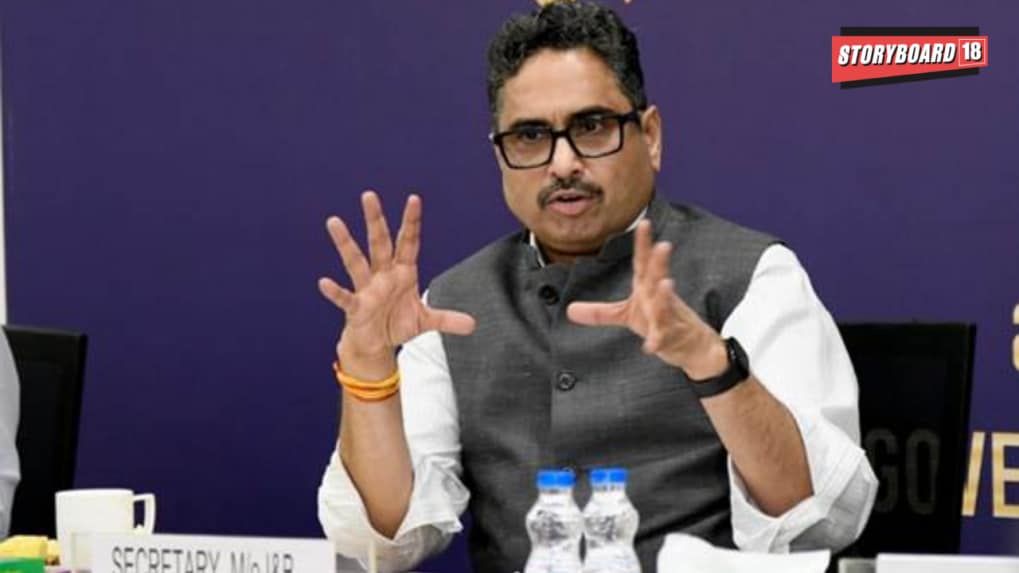Advertising
From Pink Slips to Silent Sidelining: Inside adland’s layoff and anxiety crisis

The Government of India has launched a concerted push to scale up the country’s live entertainment sector, with the first meeting of the Joint Working Group (JWG) on Promotion of the Live Events Industry held today at the National Media Centre, New Delhi.
The JWG, chaired by Ministry of Information & Broadcasting (I&B) Secretary Sanjay Jaju, aims to transform India’s Rs 20,861 crore live entertainment market into one of the world’s Top 5 by 2030.
Constituted in July 2025 under directions from Union I&B Minister Ashwini Vaishnaw, the JWG brings together representatives from Central and State Governments, industry associations, rights societies and major event companies. The initiative follows Prime Minister Narendra Modi’s recent emphasis on leveraging India’s live concert and entertainment economy as a driver of jobs, investment, tourism and cultural influence.
The Joint Working Group outlined several key measures to strengthen India’s live entertainment sector. These include integrating live event approvals into the India Cine Hub portal to provide single-window clearance, launching a Centralised Digital Music Licensing Registry by October 2025 in collaboration with rights societies, and creating a model policy that allows multi-use of stadiums and public spaces while encouraging greenfield venue development. The roadmap also calls for incorporating live entertainment skills into the National Skills Qualification Framework (NSQF) to boost employability, along with exploring financial incentives such as GST rebates, subsidies, blended finance models, and MSME recognition for event companies.
The meeting saw participation from senior officials of the Ministries of Culture, Sports, Skill Development, Finance, DPIIT, and state governments including Maharashtra, Delhi, Uttar Pradesh, Telangana, and Karnataka. Industry bodies like EEMA, FICCI, CII, ILEA, along with companies such as BookMyShow, Wizcraft, Saregama, District by Zomato, and music rights organisations including IPRS, PPL, RMPL, and IMI Trust were also present.
Highlighting the government’s commitment, Jaju said the live entertainment industry could create 15–20 million jobs, expand infrastructure, and position India as a global cultural powerhouse. “The JWG will function in mission mode to harness the concert economy as a driver of employment, tourism, and cultural soft power,” he noted.
India’s live entertainment sector, currently growing at 15% annually, is among the fastest-expanding areas within the media and entertainment industry. With rising demand across Tier-1 and Tier-2 cities and increasing music tourism, the sector is poised to become a critical pillar of India’s creative economy.
Read More: Rise of the Attention Economy: Why marketers are rethinking metrics, media and creativity
From purpose-driven work and narrative-rich brand films to AI-enabled ideas and creator-led collaborations, the awards reflect the full spectrum of modern creativity.
Read MoreLooking ahead to the close of 2025 and into 2026, Sorrell sees technology platforms as the clear winners. He described them as “nation states in their own right”, with market capitalisations that exceed the GDPs of many countries.